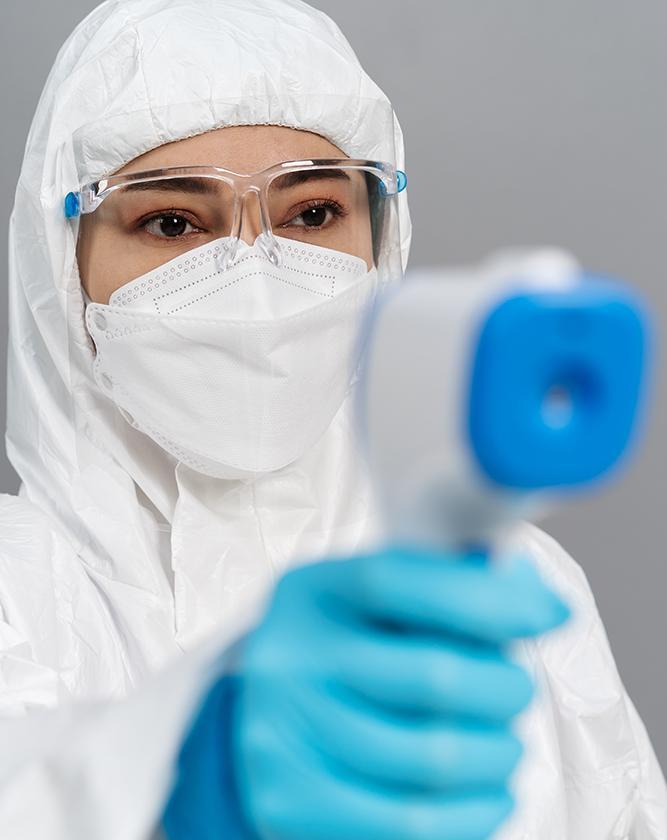Everything you need to know about the rt-pcr test
The RT-PCR test is critical for COVID-19 prevention, detection, and prevention. The rt-pcr test report time varies, but it usually takes a few hours to a few days. Efforts to speed up testing have resulted in speedier results. Individuals should organize their travel, employment, and other time-sensitive activities around report time.
Everything about the rt-pcr test
The RT-PCR (Reverse Transcription Polymerase Chain Reaction) test is a commonly used diagnostic method for determining the presence of viral genetic material, especially the RNA of the COVID-19-causing SARS-CoV-2 virus. The following is some information regarding the RT-PCR test:
1.Principle of RT-PCR test
The RT-PCR test detects the genetic material (RNA) of the virus in an individual’s respiratory samples, which is frequently obtained by swabbing their nose or throat. The test entails a pair of stages: PCR amplification of a cDNA to determine the presence of a virus as well as reverse transcription, which converts viral RNA into complementary DNA (cDNA).
2. Sensitivity and Specificity of RT-PCR test
The RT-PCR test has high sensitivity as well as specificity, which enables it to distinguish between positive as well as negative instances. Even at extremely low amounts, viral RNA can be detected in the sample. Diagnostic Accuracy: For diagnosing COVID-19, the RT-PCR test is considered the gold standard. It has the ability to detect the virus even prior to early illness signs appearing. However, it’s important to remember that no test is 100% reliable, and false negatives or false positives can occur for a variety of reasons.
3. Testing Procedure of RT-PCR test
The RT-PCR test requires obtaining a respiratory sample from the patient with a swab. The obtained sample is then brought to a laboratory, where skilled technicians process it, extract the RNA, reverse-transcribe it, and amplify the cDNA using PCR. Finally, the amplified DNA is tested for viral presence.
4. Turnaround Time is taken by RT-PCR test
The time it takes to get RT-PCR test results varies. It is based on variables like the workload at the testing facility, sample transit time, as well as lab processing time. Findings are often made accessible within some hours to some days, but it occasionally takes longer.
5. Role in COVID-19 Management
The RT-PCR test is critical in identifying infected persons, tracking contacts, and monitoring the virus’s transmission in COVID-19 management. It aids with the implementation of proper isolation measures, the provision of prompt medical treatment, and the management of epidemics.
6. Quick RT-PCR Tests
Some testing facilities provide quick RT-PCR tests with a shorter turnaround time in response to the urgent requirement for faster results. To speed up the testing process, these tests employ updated methods or cutting-edge technology.
Conclusion
The SARS-CoV-2 virus, which produces COVID-19, may be found using the covid 19 rt pcr test assay, a crucial diagnostic procedure. Thanks to its high sensitivity and specificity, it assists in properly identifying infected persons, enabling quick isolation and treatment. It is impossible to overestimate the importance of the test in tracing contacts and containing epidemics. It is crucial to adhere to local regulations and speak with healthcare specialists to determine the best course of action based on the findings of an RT-PCR test as testing technologies develop.
For testing, result interpretation, and necessary measures based on RT-PCR test findings, it’s crucial to seek the advice of healthcare specialists and adhere to local regulations.
